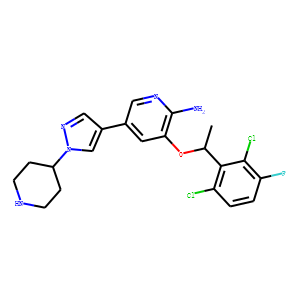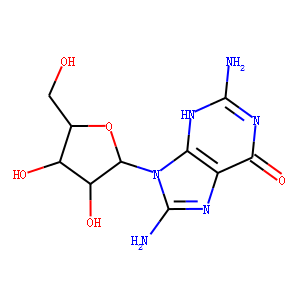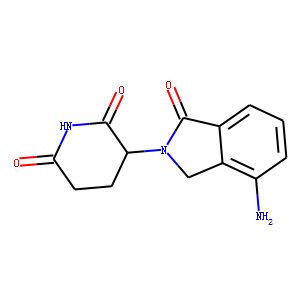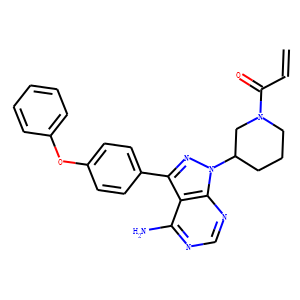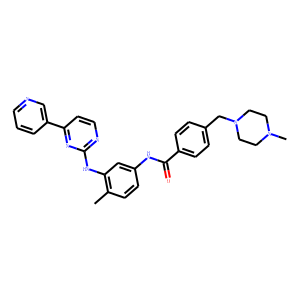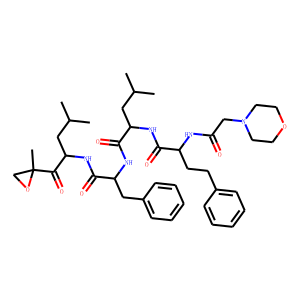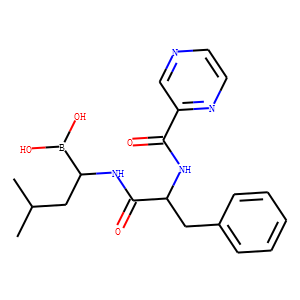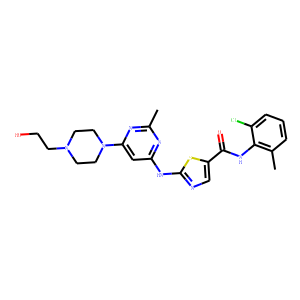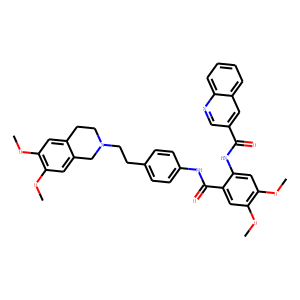Cancer Drug Resistance
Cancer drug resistance remains a major challenge, limiting the effectiveness of many treatments over time. Cancer cells can develop mechanisms to resist chemotherapy, targeted therapies, and even immunotherapy, reducing the efficacy of these treatments. This resistance can result from genetic mutations, increased drug efflux, or enhanced DNA repair, among other mechanisms. Drugs like Gefitinib and Imatinib were initially effective but often encounter resistance in patients. Research into drug resistance focuses on understanding these mechanisms and developing inhibitors to counteract them. For instance, combination therapies that include multiple agents can prevent or delay the onset of resistance by attacking cancer cells on multiple fronts. Advances in this field could improve survival rates and reduce relapse by making cancer therapies more durable. Through new drug designs and strategic combination treatments, researchers are working to turn cancer from a relapsing disease into a condition that can be managed long-term.

